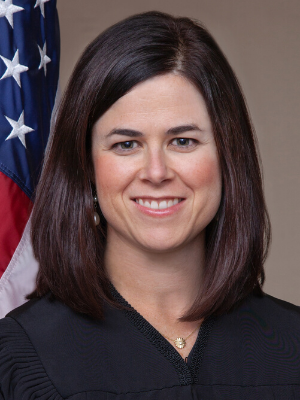WILMINGTON, Del. (Legal Newsline) - A Delaware Superior Court judge ruled in April that she cannot yet determine if Noramco is immune from a pharmaceutical manufacturer worker's claims that he was exposed to silica dust and toluene.
The plaintiff, Gregory J. Long, filed his case against Johnson & Johnson Services, Inc., Noramco, Inc. and Janssen Pharmaceuticals, Inc.
Noramco wanted the case dismissed, which Superior Court Judge Meghan A. Adams denied on April 24. Noramco argued that it was immune from Long's lawsuit because of the Workers' Compensation statute in Delaware.
In her decision, Adams wrote that, "At this stage, the record is not sufficiently developed for the court to determine whether Noramco, or any other defendant, was plaintiff’s employer, at any time, under the Workers’ Compensation statute."
Long did not identify his employer in the lawsuit, according to the court document.
"The court is, therefore, unable to determine whether Noramco is immune as a former or current employer at this time," Adams wrote.
While Delaware's Workers' Compensation law prevents an injured employee from suing their employer for negligence, "it does nothing to alter the injured party’s right to bring a negligence action against a third-party tortfeasor,” according to Adams' ruling.
While Noramco also claimed that a successor-in-interest is also protected under the regulation, Adams wrote that there are hardly any details about Noramco’s connection to the other defendants, so it’s difficult to rule on it at this point, according to the ruling.
Long alleged that the defendants ran “individually, as successors-in-interest to other entities, as subsidiaries and/or operating arms of, in partnership with, or otherwise in connection with other entities and/or each other,” according to the ruling.
Adams also determined that the lawsuit offers very little direction about if Long was an actual employee of the parent company, which means it doesn’t have the needed details to rule on the case via the Neal test. That evaluation sparked via Anderson v. Airco, where the court had to decide if a plaintiff worked for a parent company as well as the subsidiary-employer who’s also being sued.
